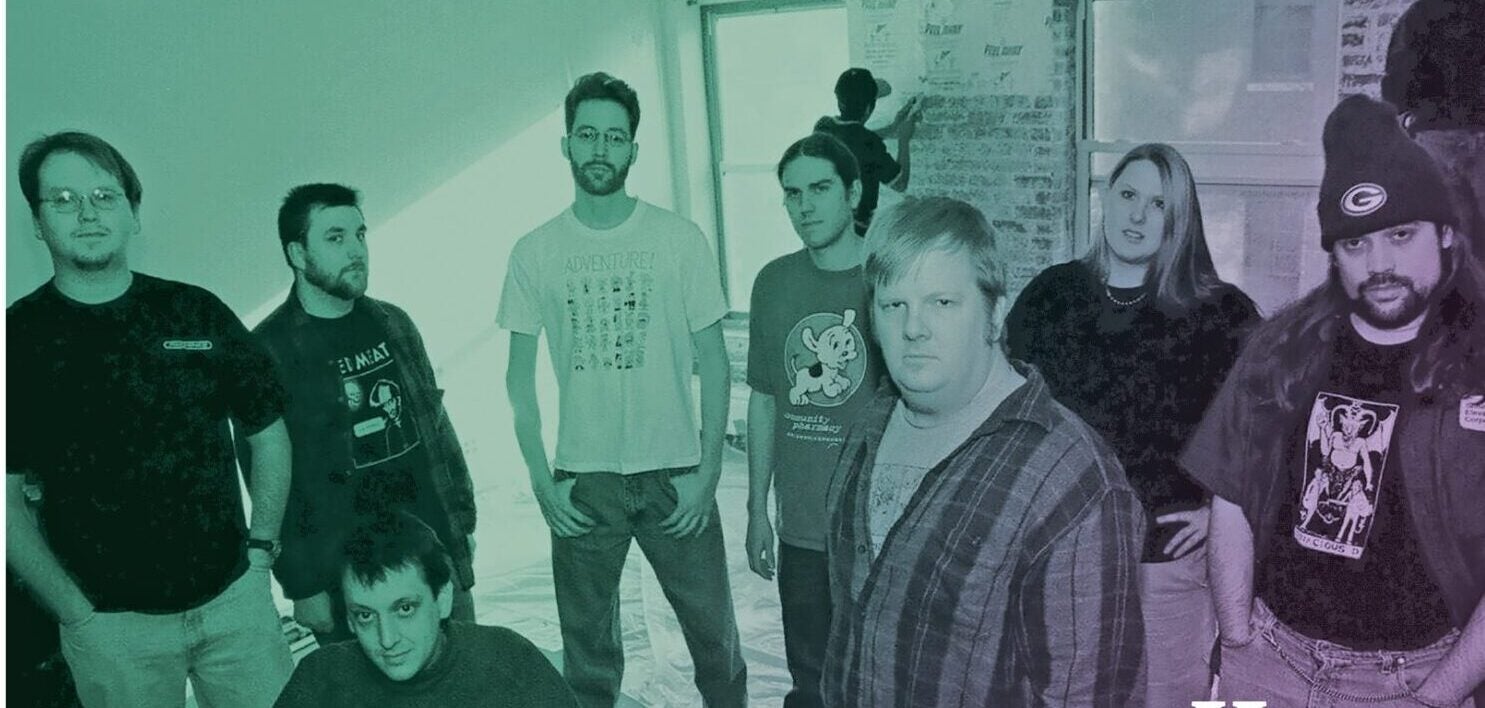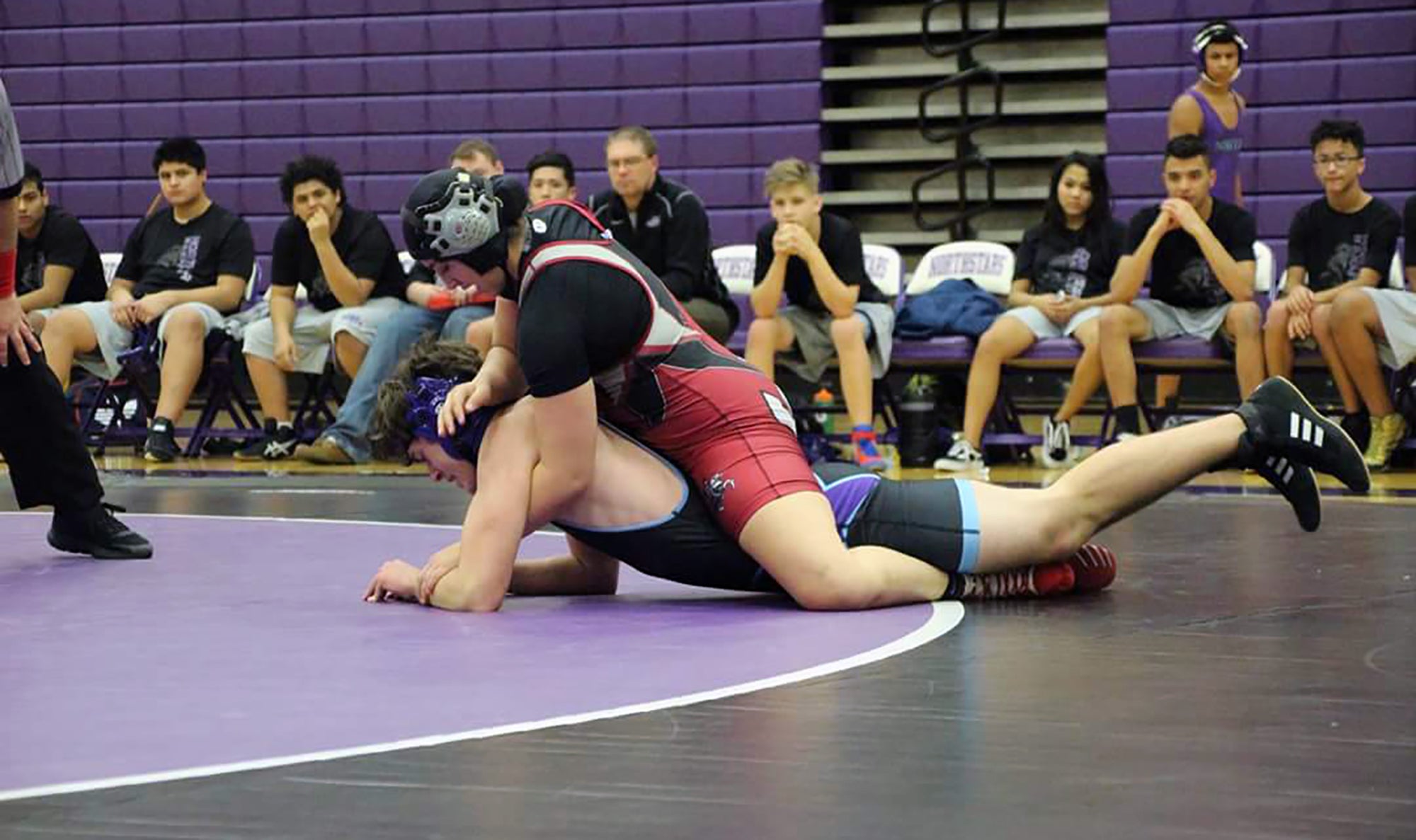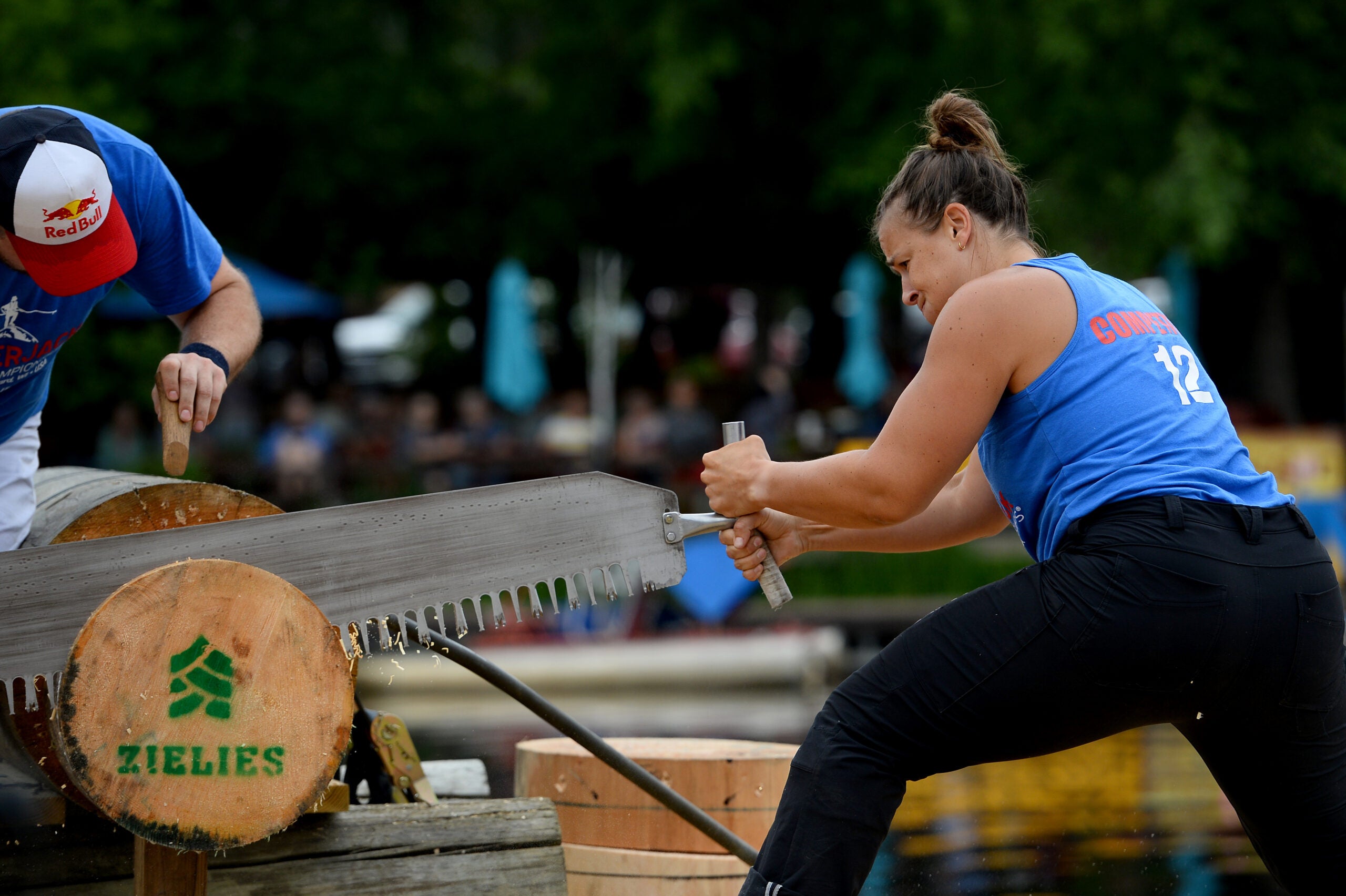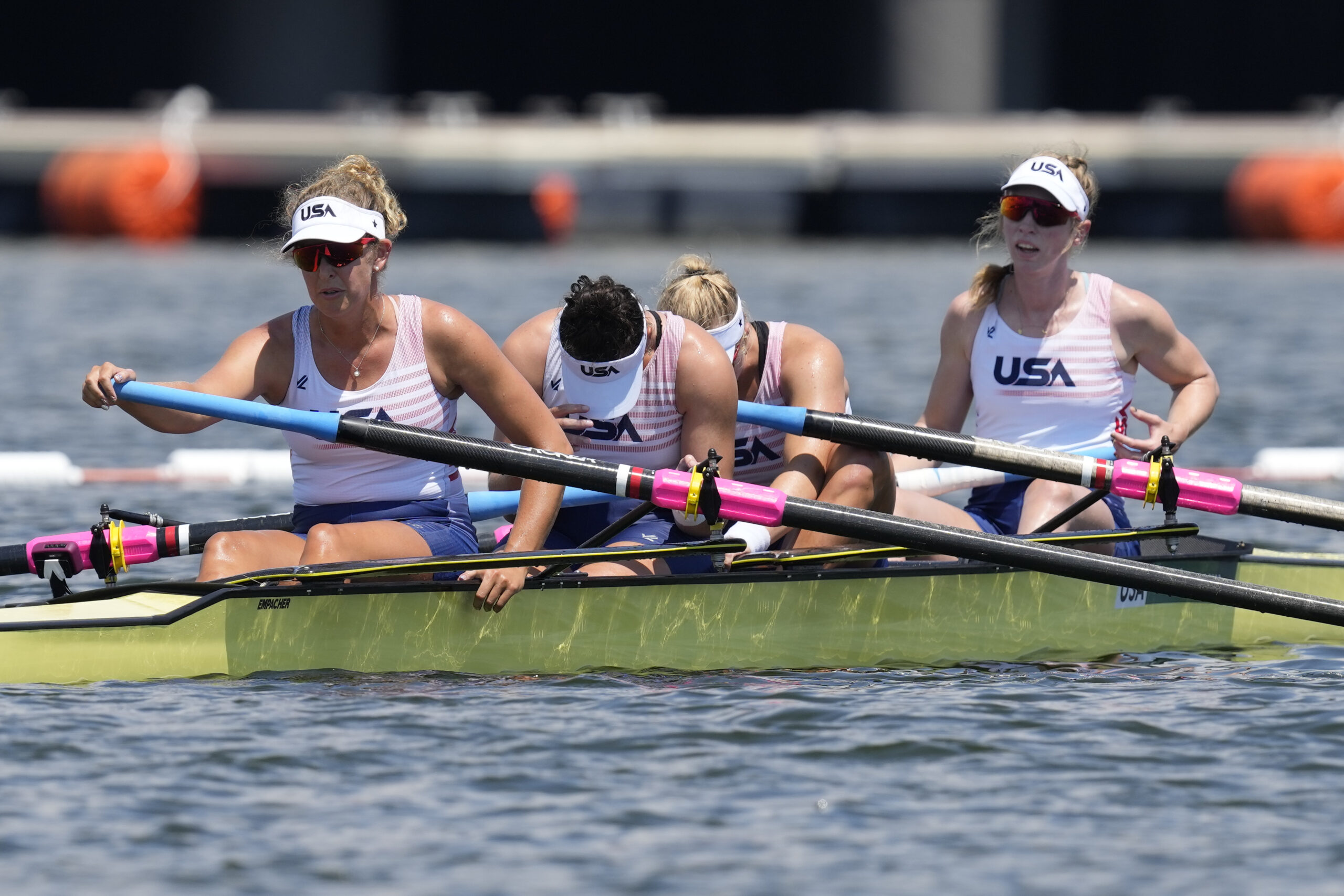The Big Ten Conference wrestling tournament is happening this weekend in Illinois, and no doubt, a lot of the conversation in Champaign-Urbana will be about the proposal to drop wrestling from the 2020 Summer Olympic Games.
That would make 2016 the last go-around for this ancient sport, and potentially as many as four wrestlers from Wisconsin: Ben Proviser of Stevens Point, Ben Askren of Hartland, Alissa Lampe of Tomahawk, and Jesse Thielke of Germantown, who says he has been preparing for the Olympics since he was seven years old.
I caught up with Jesse Thielke at a recent practice with his Wisconsin Badgers teammates in Madison.
News with a little more humanity
WPR’s “Wisconsin Today” newsletter keeps you connected to the state you love without feeling overwhelmed. No paywall. No agenda. No corporate filter.
Jesse Thielke: “I was just completely shocked. I couldn’t believe they didn’t think that wrestling, the most core sport that the Olympics is built around, is not a core sport anymore.”
Terry Bell: “It would be like cutting track and field, wouldn’t it?”
JT: “Yeah, absolutely.”
TB: “Do you think the [International Olympic Committee] may just be floating out a trial balloon; that maybe they’re not serious about cutting wrestling, but they might want to see what the reaction would be if they suggested it?”
JT: “Oh no, they’re serious. Because it’s not a spectator sport – it doesn’t draw in the money, the numbers, and the TV coverage. When you look at some of their articles and reports, that’s a lot of what the things that they look at. I don’t think it’s right”
The Olympic announcement sent shock waves through the wrestling world. Imagine if football decided to cancel the Super Bowl. In Wisconsin, it’s a blow to a tradition that’s produced several Olympic greats: most famously, brothers Ben and John Peterson in the 1970s. Tom McGarvie reports on the sport for his website.
Tom McGarvie: Wisconsin amateur wrestling is one of the best states in the country. There’s Pennsylvania, Ohio, Wisconsin, Minnesota, Michigan – New York, and New Jersey are very good also. But Wisconsin turns out excellent [amateur] wrestlers every year at [all] levels. We’ve had really good representation.”
TB: So what do you think this may mean for amateur wrestling in Wisconsin?
TM: Collegiate wrestling has dropped from over 200 programs. Division I now only has about 77 programs. I would venture that perhaps if it’s not an Olympic sport any more, that they may not see it as a sport to have at some colleges. I don’t know how much that impacts their decision to have a sport or not.”
TB: “It seems like the Olympics wants to change. That it wants to get more telegenic, more modern, maybe even more [like the] X Games than the tradition. How do you feel about that?”
JT: “Sadly, I agree with you. I think they want to go more “X Games”: more money-making, and more audience-pleasing than what should necessarily be, value-wise, in the Olympic games, and what are thought of as the core Olympic sports.”
TB: “What can be done between now and the time the IOC makes its final decision?”
JT: “There’s a lot of petitions floating around. For now, I think it’s so soon after, we just need to get information out there, get people involved, get people knowledgeable on the subject. Because even people I’ve talked to who don’t know wrestling, they’re like ‘Wait, wrestling’s not part of the Olympics? That doesn’t make sense.’ Well, if any normal person on the street can tell you that, imagine how we feel and those organizations feel. So I think we’re going to put up a very strong and diligent fight.”
There is a sliver of hope the Olympic Committee could reverse its decision in May, when it finalizes its list of sports for 2020.
Wisconsin Public Radio, © Copyright 2026, Board of Regents of the University of Wisconsin System and Wisconsin Educational Communications Board.




